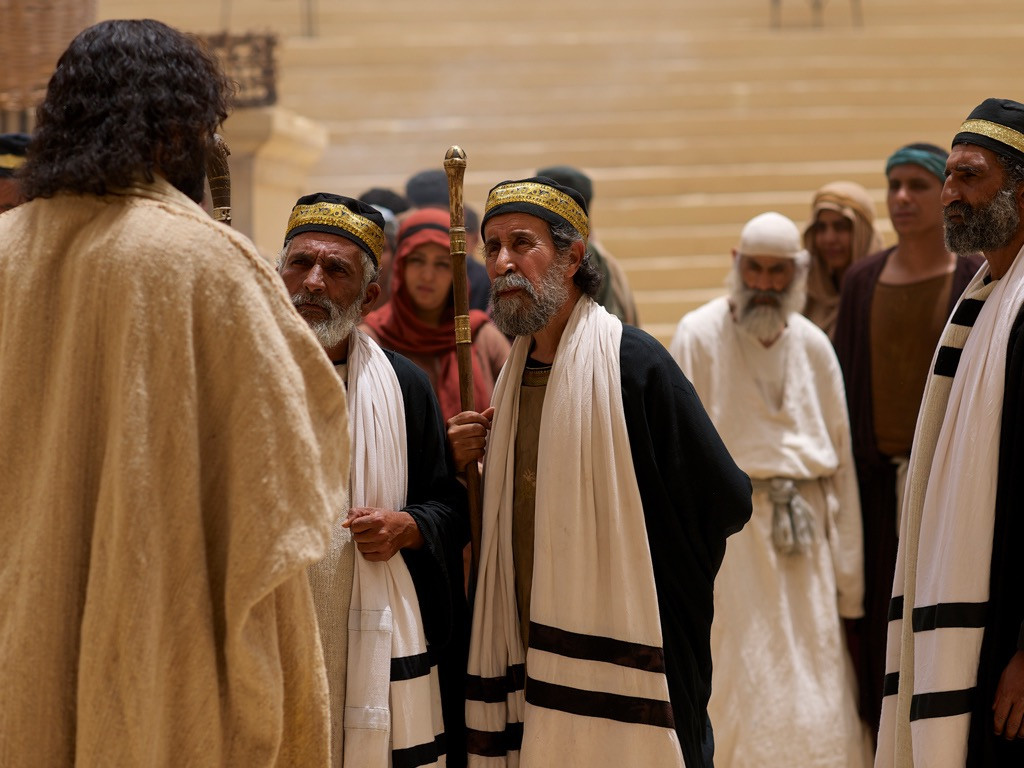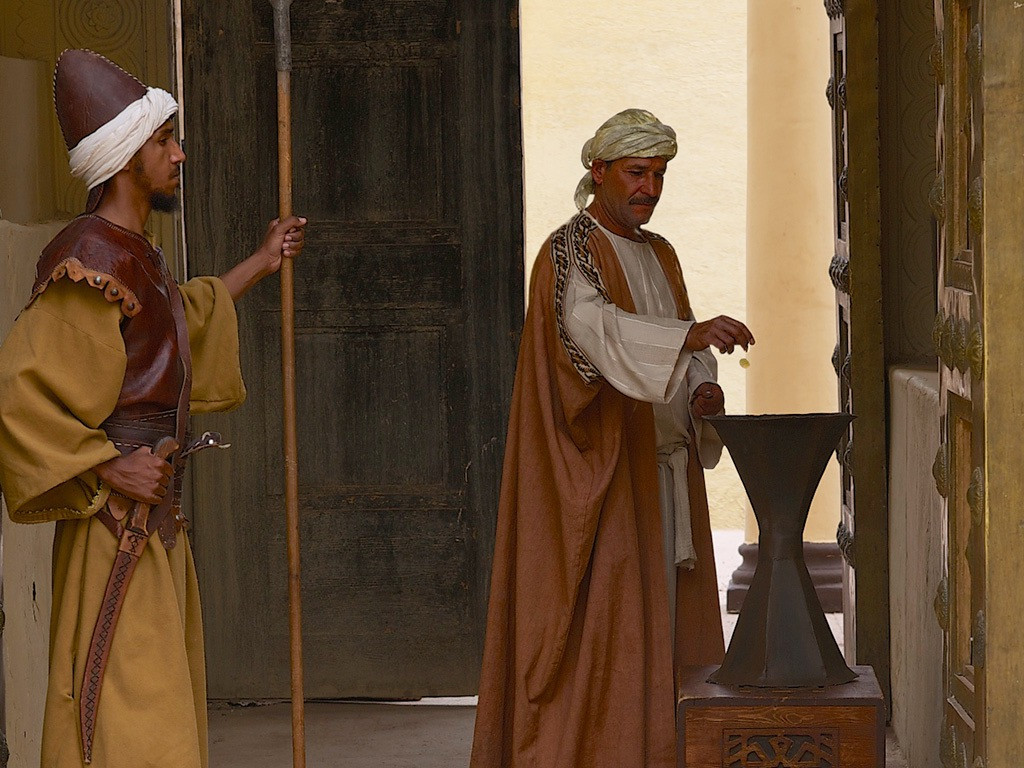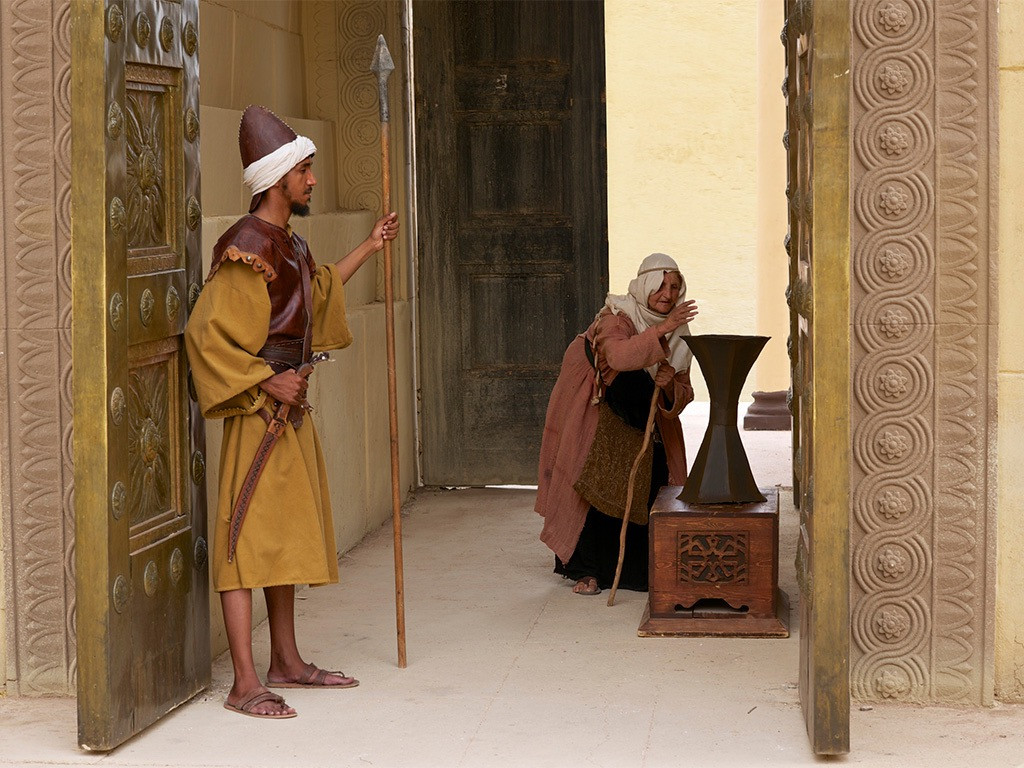From “Jesús’ Journey to the Cross” by Dr Greg Baxter
Today is the longest and challenging day for our Savior leading up to His crucifixion. The gospel records no less than 30 separate exchanges by our Lord with His detractors and disciples. In a word the theme of the day is judgment. There are five movements in which Jesus weaves this subject matter into the conversation with friend and foe alike.

Early in the morning Jesus and the disciples returned to Jerusalem. The disciples saw the withered fig tree (Matt. 21:20-22; Mk. 11:20-26) and remembered Jesus cursing it. He was teaching the disciples Israel was under divine judgment for their unbelief. Peter could not reconcile Israel’s judgment with the unconditional covenant given to Abraham. Jesus then encouraged him to have faith in God that the promises given to the nation would come to pass (Mk. 11:22). Our Lord taught the disciples that faith grows through the power of prayer (Mk. 11:23-25).

Upon entering the temple Jesus spent the day debating with the religious leaders (Matt. 21:23-23:39; Mk. 11:27-12:44; Lk. 20:1-21:4). He taught the priests and the elders truths concerning the Kingdom program through three parables. Later he turned the tables on the Pharisees and Herodians attempt to trap him politically with regards to taxes (Matt. 22:15-22; Mk. 12:13-17; Lk. 20:20-26). Then the Sadducees tried to undo him with regards to the resurrection and our Lord turned the tables on them as well (Matt. 22:23-33; Mk. 12:18-27; Lk. 20:27-40. The Pharisees take one final shot by asking Christ which law was the greatest (Matt. 22:34-40; Mk. 12:28-34). Jesus’ answer of Loving God and loving your neighbor silenced them (Matt. 22:37-39). Our Lord overcame the priests and elders trap about authority, the Herodians political snare, the Sadducees theological objections, and the Pharisees concerns about the Law. Next Jesus challenges the religious leaders by asking the Pharisee to describe the messiah (Matt. 22:41-46; Mk. 12:35-37; Lk. 20:41—44). If they answered honestly and correctly they would have to recognize Him as the Messiah and King. Realizing their dilemma they remained silent.
After these discussions Jesus pronounced judgment on their generation. Specifically, he condemned the Pharisees misinterpretation of the Law and the Scriptures, their hypocrisy, and their external observances that made people appear righteous but within they were full of wickedness and rebellion (Matt. 23:1-39; Mk. 12:38-40; Lk. 20:45-47). Finally, Jesus teaches the disciples a lesson concerning wealth and money brought to the temple by the wealthy and a widow. Spiritual giving is based on worship not wealth (Mk. 12:41-44; Lk. 21:1-4).






In the afternoon Jesus went to the Mount of Olives and preached on the judgment of the world and the future millennial age; the Olivet Discourse (Matt. 24:1-25:46; Mk. 13:1-37; Lk. 21:5-36). Our Lord’s announcement of coming judgment on the city and the nation caused the disciples tremendous angst so he revealed Gods future plans. This message was focused on the eschatological program for Jerusalem, Israel, and the people of Israel.
Questions for Reflection:
How can we encourage each other to pray for more faith?
Jesus was not afraid to take on his political and theological enemies. How can we share our faith with those who disagree with us?
How do we determine the amount of tithes and offerings we give?
Does God have a future plan for Israel?
Lord,
Teach me to pray in faith believing that you will:
Fulfill all your promises to your people in spite of opposition, conflict, and controversy.
Help me to emphasize the heart over habits, a holy life over law, and a commitment to grace living and giving.
Help me to always remember that my future is secure because we will rule with Christ in the Kingdom to come. Come quickly Lord Jesus. Amen.
